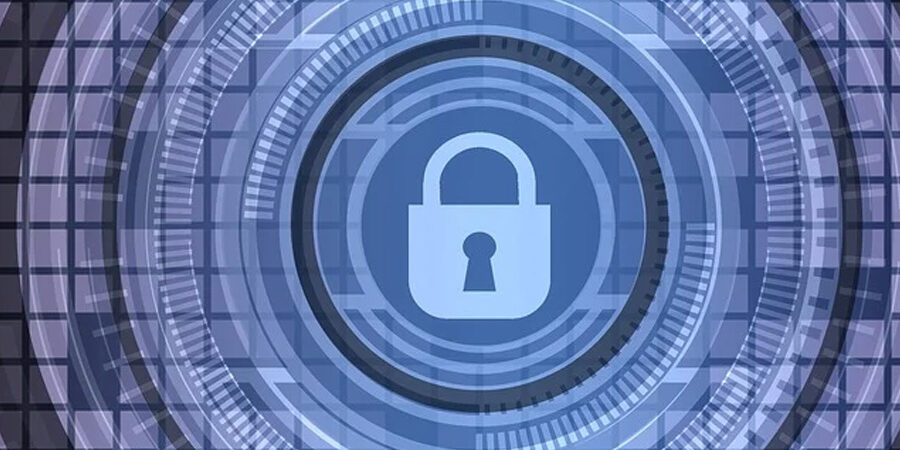End-to-end encrypted calls provide the gold standard for protecting communication
End-to-end call encryption (E2EE) is a secure communication method that prevents third parties from accessing data transferred via VoIP calls.
Most popular messaging and call service providers use this technology – including Facebook, WhatsApp, and Zoom – to prevent the exposure of user information. While data is transferred from one end system or device to another, the data is encrypted on the sender’s system or device and in motion. Only the intended endpoint can decrypt the data, with unauthorized third parties unable to listen in.
How Does End-to-end Call Encryption Work?
End-to-end encrypted calls provide the gold standard for protecting communication.
The security behind end-to-end encryption is enabled by creating a public-private key pair. This process is also known as asymmetric cryptography, which employs separate cryptographic keys for securing and decrypting the data. Public keys encrypt the data, while private keys decrypt data. For each person that joins, individual keys are generated. The public key will be stored on a server while the private key is stored on the device.
In online communication, there is an ISP, an intermediary, or various other organizations. Their server delivers data between both parties involved in an exchange. These intermediaries cannot decrypt and eavesdrop on the data. Only recipients can decrypt data with the matching key when end-to-end call encryption is in place.
Benefits of End-to-End Call Encryption
1. It promotes privacy
It prevents unauthorized access to personal conversations. Although authorities may try to access personal or private spaces, E2EE makes it impossible because the keys to decrypt them are missing. Digital signatures can detect content manipulation during transmission or whether the recipient has authorized access.
2. It facilitates secure data exchange
A crucial advantage of end-to-end encryption is that unauthorized persons cannot access personal data. Only unidentifiable numbers and letters can be recognized if a hacker circumvents the encryption. If intercepted by hackers or service providers, private communication and other details are not easily read.
3. It maintains data integrity
Data integrity is maintained because the key system prevents unauthorized devices from gaining access. Without E2EE, outside users can gain access to a piece of data and manipulate it before it reaches the recipient. End-to-end encryption denies them this access because they do not have the necessary key to access data in transit.
4. It makes calls tamper-proof
The decryption key is not transmitted; the recipient has it already. If an encrypted data gets tampered with in transit, the recipient will not be able to decrypt or tamper with it. End-to-end encryption can help organizations protect data by making it inaccessible to those who want to tamper with information.
Example of End-to-End Call Encryption: Microsoft Teams Calling
Keep in mind that several advanced features are not available during end-to-end encrypted calls, such as live captions and transcription, call transfer, merge and park, call companion and transfer to another device, etc.
For end-to-end encrypted calls on Teams, an administrator must first turn on the feature, and then device users must activate the settings locally. It is also possible to configure Teams E2EE using PowerShell.
Importance of End-to-end Call Encryption for Collaboration
As VoIP calls become increasingly important for internal and external (i.e., customer-facing) communication, maintaining data privacy is essential. Sensitive information is often shared during these exchanges, and E2EE increases stakeholder confidence in communication systems while allowing flexible information sharing from any location. For these reasons, Zoom, too, launched end-to-end encrypted phone calls in September 2021 in addition to a Bring Your Own Key (BYOK) offering that allows users to choose their encryption keys.

Quick Links
Quick Links
03300040100
Unit 205, Business First
Davyfield Road, Blackburn
Lancashire, BB1 2QY

